With the principle that wherever there is state investment, there must be a mechanism to manage and monitor that money, the National Assembly delegate proposed expanding the scope of management and supervision to include enterprises with investment capital of less than 50% and F2 and F3 enterprises, which are enterprises invested by state-owned enterprises.
Continuing the 8th Session program, on the afternoon of November 29, the National Assembly discussed in the hall about the project Law on Management and Investment of State Capital in Enterprises.
According to delegate Hoang Van Cuong (Hanoi delegation), state-owned enterprises currently hold a large amount of capital and assets but operate less dynamically and are less effective than private enterprises.
One of the reasons for the above situation is that the current management mechanism for state-owned enterprises is still inappropriate, overlapping and constraining businesses.
With the principle that wherever there is state investment, there must be a mechanism to manage and monitor that money, the delegate suggested that it is necessary to expand the scope, put principled requirements into management and supervision for both enterprises with investment capital of less than 50% and F2 and F3 enterprises, which are enterprises invested by state-owned enterprises.
In particular, the representative of state capital should be amended accordingly. Instead of a group of people, the owner's representative agency should appoint or hire a representative to be responsible for managing capital. The representative is not only assigned and implemented targets and plans, but also needs to have full authority in organizing the apparatus and selecting according to standards.
Agreeing with the above viewpoint, delegate Bui Thi Quynh Tho (Ha Tinh delegation) gave the example of a joint stock company with 49% state capital, the remaining amount is divided among 5 other major shareholders, each owning less than 10% of shares. Thus, state capital will dominate, if there is no regulation, it will be unclear who will be responsible for management, implementation, and monitoring?
The female delegate wondered how the state capital in these enterprises would be managed and used, how the profits from capital investment would be handled, or how violations would be punished?
Therefore, the delegate suggested that it is necessary to expand the scope of management for enterprises with less than 50% state capital and stipulate the principle of state cash flow management that the state monitors and manages wherever state cash flows, and only manages based on the equity ownership ratio. Only then can the principle of financial management be ensured.
Clarifying the role of state shareholders
Adding his comments to the draft Law, delegate Hoang Van Cuong highly appreciated the principle stipulated in Article 5 that state capital after being invested in an enterprise is the legal capital of the enterprise. With this principle, the management and use of capital in an enterprise, including 100% state-owned enterprises, is the right of the enterprise and not managed like budget capital.
Therefore, it is necessary to abolish the current regulations as applied by the Law on Public Investment in the investment decision authority in Articles 25 to 32 on the determination of the enterprise's capital investment authority and return this right to the enterprise's self-determination.
“It is necessary to add a provision that after the state has invested capital in an enterprise, it will become a shareholder owning shares in proportion to the invested capital. As a shareholder, the owner's representative agency must appoint or hire a representative to exercise its shareholder rights in the enterprise,” delegate Cuong proposed.
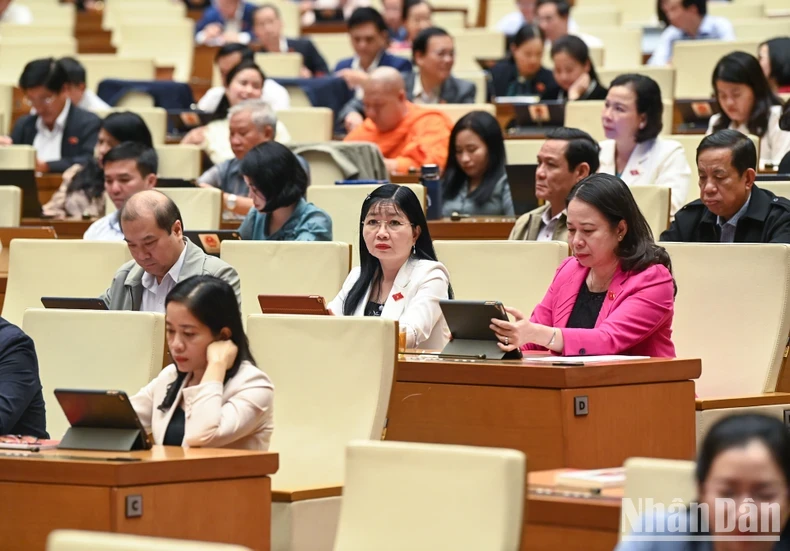
At that time, the representative will be responsible for managing the State capital invested in that enterprise, and at the same time must carry out the goals that the State wants this enterprise to achieve.
The owner's representative agency will assign tasks to the representative by assigning planning targets that the enterprise must implement such as capital preservation targets, capital increase targets, and profit deduction targets corresponding to the capital portion that the enterprise has used.
To carry out assigned tasks, the owner's representative at the enterprise must have full authority in organizing the apparatus, arranging suitable people for corporate governance positions and only then will the enterprise operate effectively.
To ensure that the enterprise's investment capital is managed and used for the right purposes and to prevent risks, the owner's representative agency must appoint an independent supervisory department to monitor the enterprise's activities as well as the activities of the owner's representative.
With this mindset, delegate Cuong said that the regulations on personnel work in Article 13 should only stipulate the requirements for the principles of appointing representatives and supervisory departments of the ownership agency, while the appointment of management positions in the enterprise should be decided by the owner representative of the enterprise according to the standards and regulations of the State.
Regarding profit distribution, the Hanoi delegation commented that the current profit distribution mechanism according to the draft regulations will not encourage businesses to do good business and make high profits because all are only allowed to deduct a maximum of 3 months of salary to put into the reward fund and welfare fund.
If a business is inefficient but its own salary is high, there will be no profit left to allocate to bonus and welfare funds, but the monthly income of employees will still be high. On the contrary, if the business itself determines a low salary, does good business, and has high profits, even if it is allowed to allocate 3 months of salary for bonuses, the income of employees will still be low.
“Profit distribution must first be used to implement assigned targets and plans such as increasing capital, allocating to the budget, allocating to accumulation funds for development, and allocating to reserve funds. The remaining portion will be distributed to employees and thus employees will enjoy according to the results. If the remaining profit is high, they will enjoy more, if the profit is low, they will enjoy less,” the delegate clearly stated his point of view.
Source


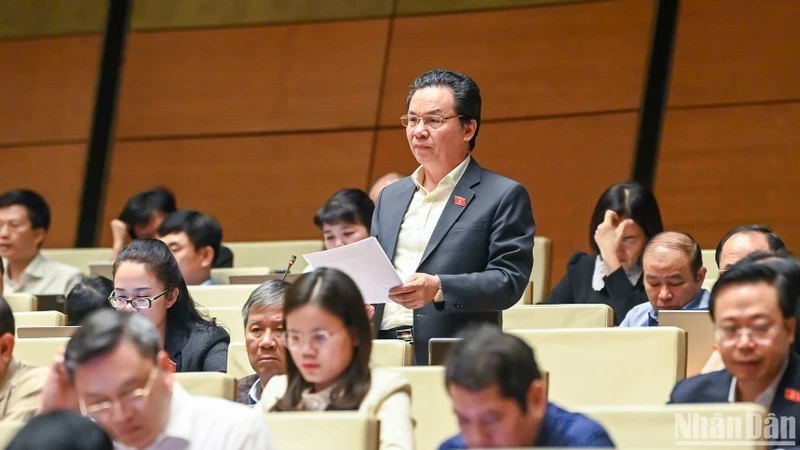
![[Photo] Capital's youth enthusiastically practice firefighting and water rescue skills](https://vstatic.vietnam.vn/vietnam/resource/IMAGE/2025/4/3/3f8481675271488abc7b9422a9357ada)
![[Photo] A brief moment of rest for the rescue force of the Vietnam People's Army](https://vstatic.vietnam.vn/vietnam/resource/IMAGE/2025/4/3/a2c91fa05dc04293a4b64cfd27ed4dbe)
![[Photo] Prime Minister Pham Minh Chinh chairs the first meeting of the Steering Committee on Regional and International Financial Centers](https://vstatic.vietnam.vn/vietnam/resource/IMAGE/2025/4/3/47dc687989d4479d95a1dce4466edd32)
![[Photo] Ho Chi Minh City speeds up sidewalk repair work before April 30 holiday](https://vstatic.vietnam.vn/vietnam/resource/IMAGE/2025/4/3/17f78833a36f4ba5a9bae215703da710)
![[Photo] General Secretary To Lam receives Japanese Ambassador to Vietnam Ito Naoki](https://vstatic.vietnam.vn/vietnam/resource/IMAGE/2025/4/3/3a5d233bc09d4928ac9bfed97674be98)
![[Photo] Prime Minister Pham Minh Chinh chairs meeting after US announces reciprocal tariffs](https://vstatic.vietnam.vn/vietnam/resource/IMAGE/2025/4/3/ee90a2786c0a45d7868de039cef4a712)
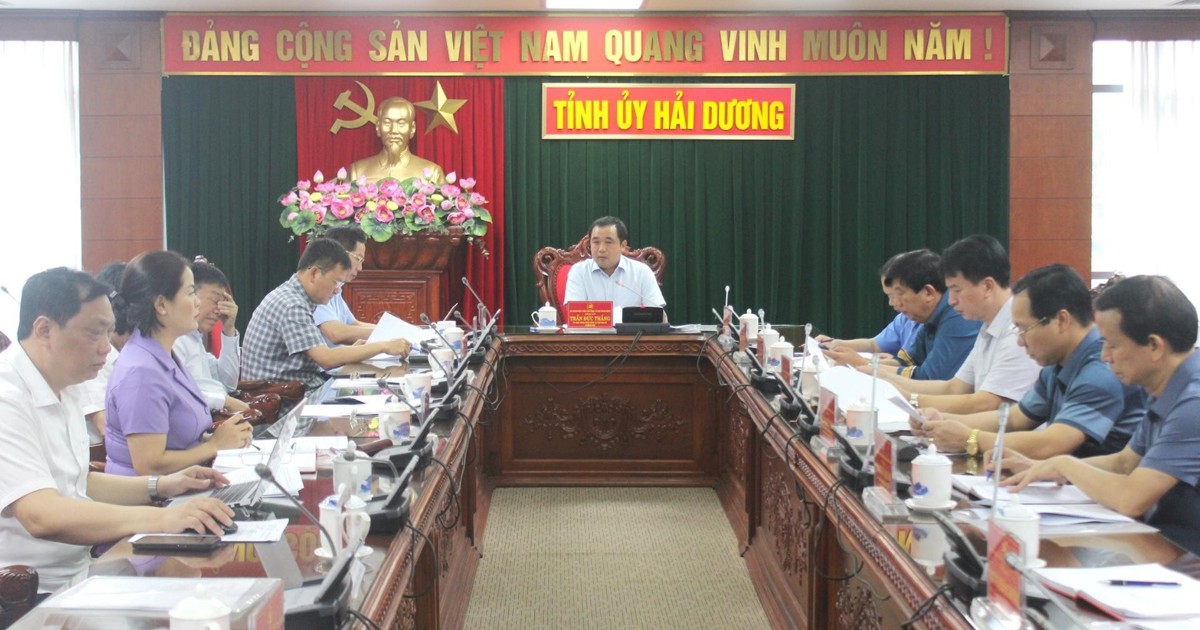






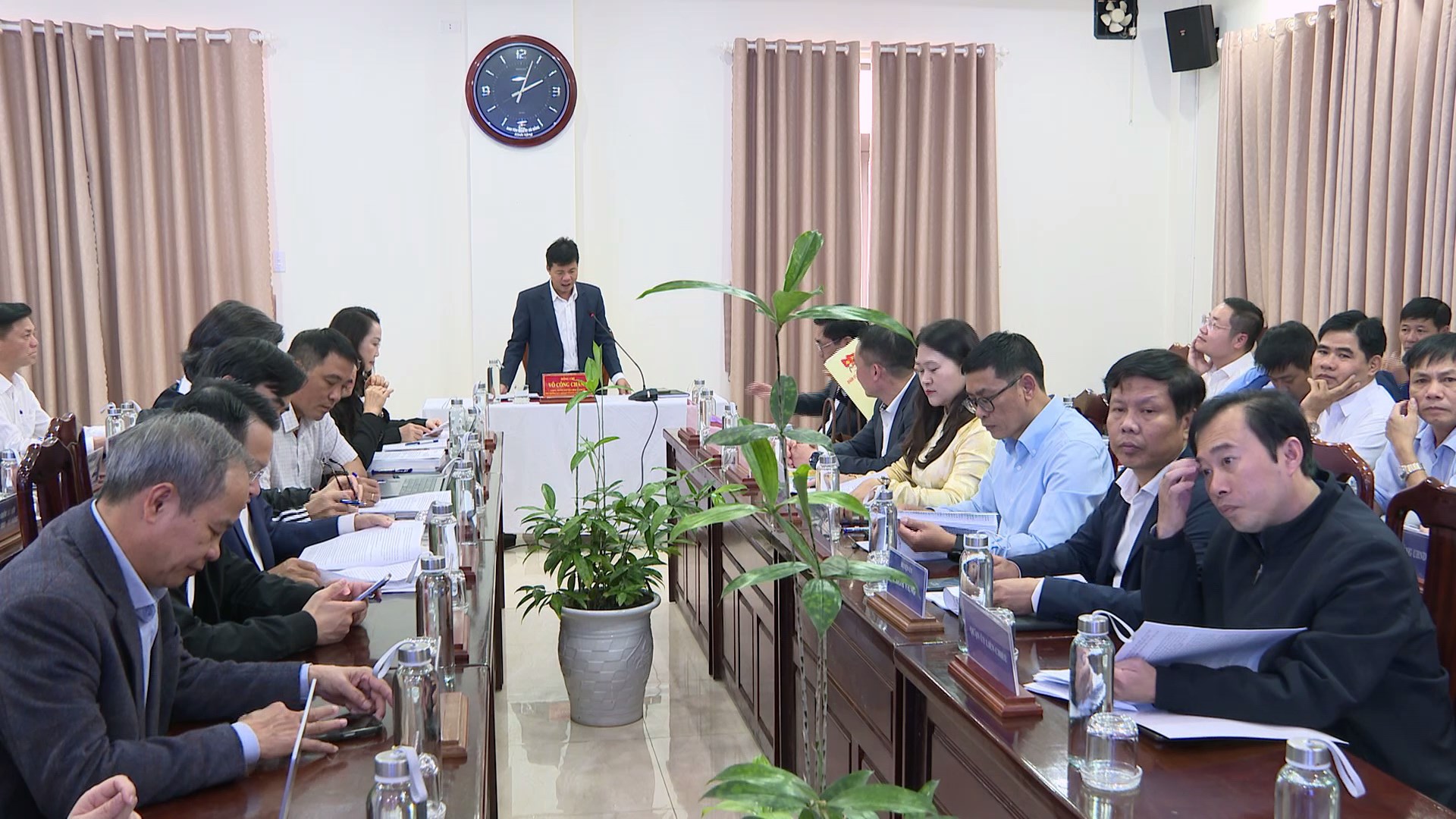
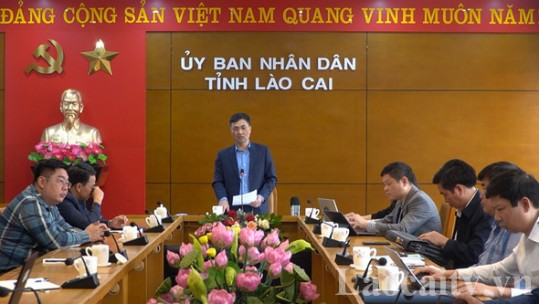









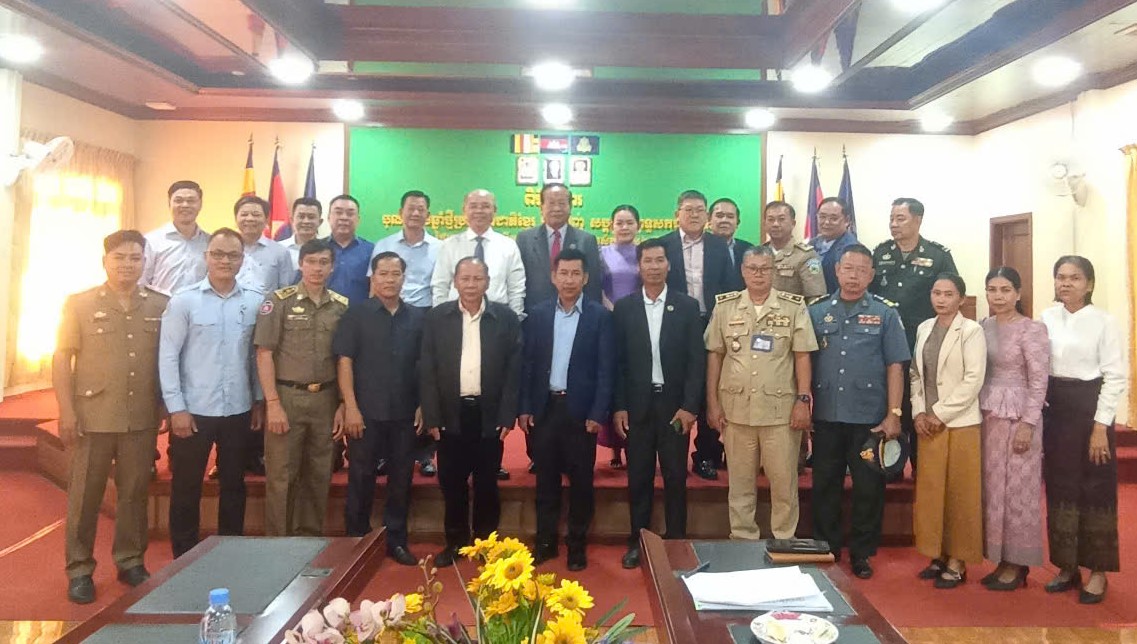

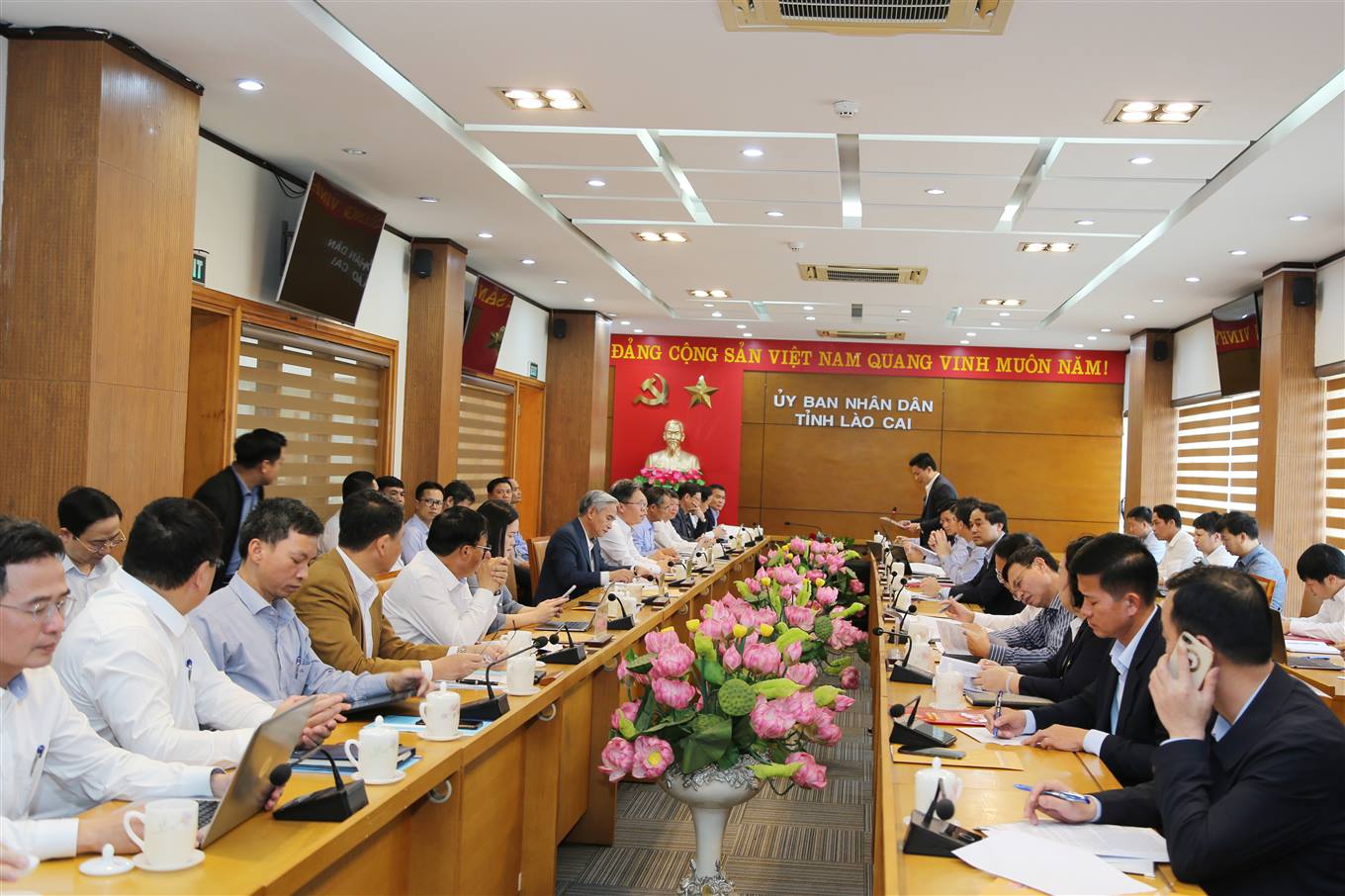

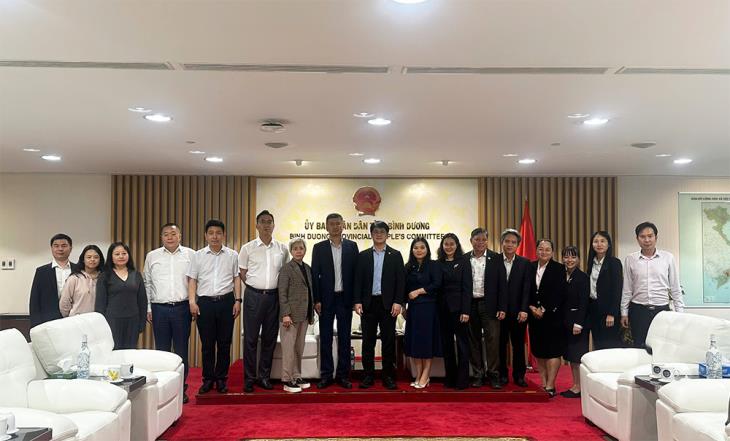























































Comment (0)